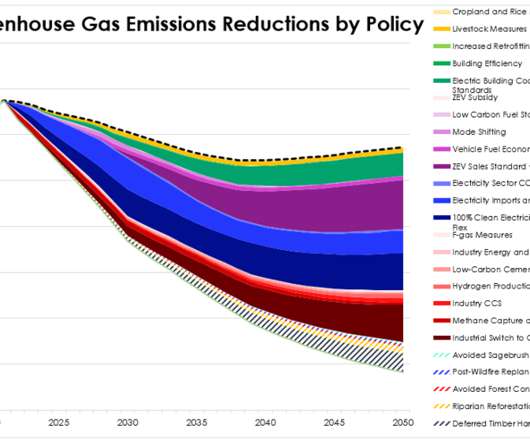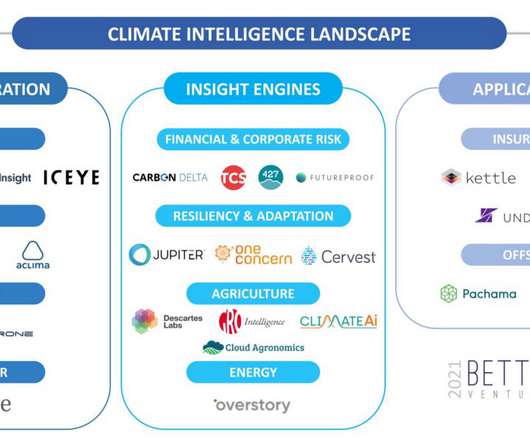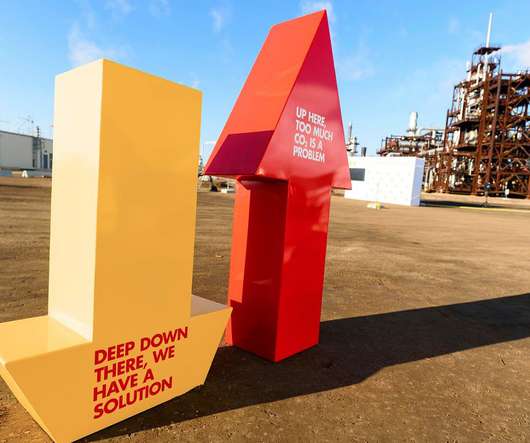New Oregon Energy Policy Simulator Modeling Shows Major Benefits Of Accelerating Climate Policies
Energy Innovation
MARCH 9, 2022
This week, Energy Innovation launched the Oregon Energy Policy Simulator (EPS) , our newest state-specific, open-source, peer-reviewed, and nonpartisan model that estimates the environmental, economic, and public health impacts of hundreds of climate and energy policies. By Shelley Wenzel.















Let's personalize your content